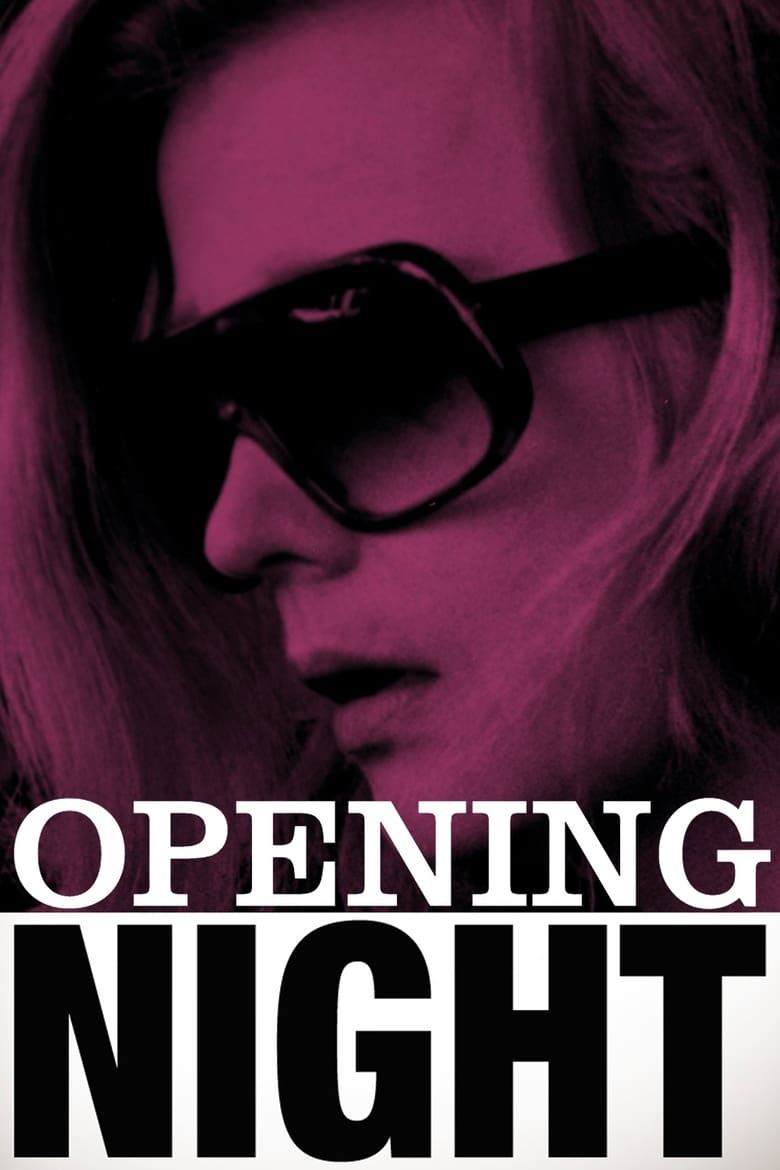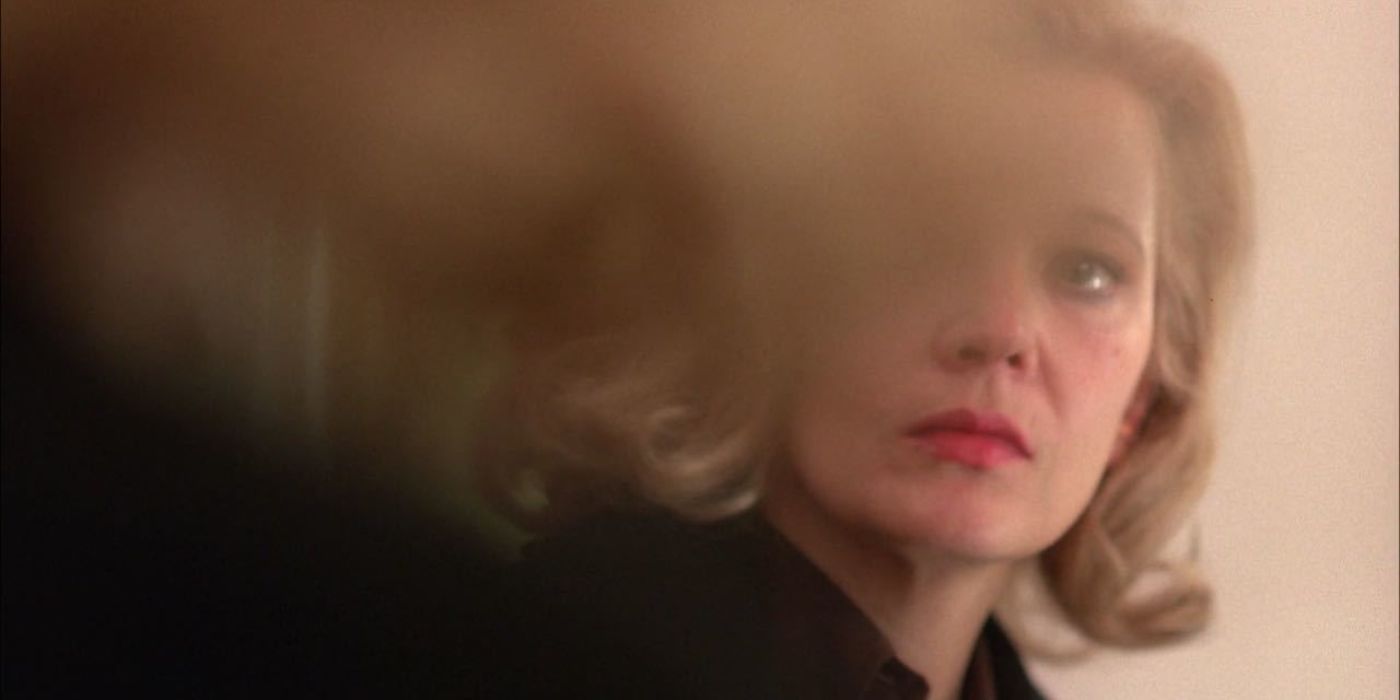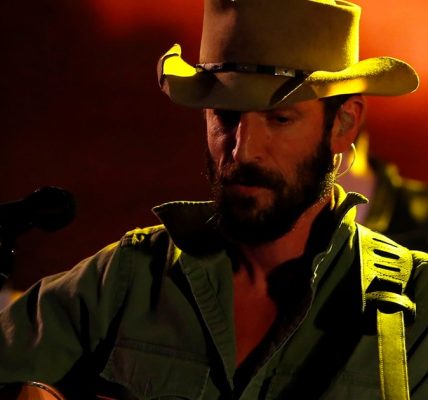Robert Eggers‘ recent adaptation of F. W. Murnau‘s legendary 1922 film Nosferatu has emerged as a remarkable gothic success, garnering critical acclaim for its “marvelously orchestrated” narrative. As Eggers reaches the ten-year milestone of his directorial career, he has firmly established himself as a prominent filmmaker recognized for his haunting period pieces, including The Witch, The Lighthouse, and The Northman. These films expertly intertwine elements of horror with rich mythological themes. The filmmaker draws significant inspiration from raw, atmospheric cinema, and he has recently shared insights about his favorite cinematic treasures on IMDb.
Among Eggers’ cherished classics, spanning from <em>The Adventures of Sherlock Holmes</em> to Akira Kurosawa‘s Throne of Blood, is the impactful Opening Night by John Cassavetes. Released in 1977, this psychological drama showcases the outstanding Gena Rowlands in one of her most revered performances. The film tells the gripping story of a renowned stage actress who descends into a profound psychological and professional crisis. Eggers describes Opening Night as “unflinching,” highlighting its dual nature as a poignant study of mental decline and an exploration of the tenuous boundaries between an actor’s on-stage persona and their genuine self.
Explore How ‘Opening Night’ Blurs the Distinction Between On-Stage Persona and Real-Life Identity
The riveting film Opening Night revolves around the character Myrtle Gordon, portrayed by Gena Rowlands, who is a celebrated stage actress enjoying the pinnacle of her career. Despite being in her middle age, Myrtle commands respect and adoration from her loyal fanbase as she stars in a new play entitled The Second Woman. However, the story takes a tragic turn one fateful evening when an obsessed teenage fan, Nancy Stein (Laura Johnson), attempts to approach Myrtle and tragically loses her life in an accident involving an oncoming vehicle. This shocking event sets off a chain of psychological turmoil for Myrtle, who struggles to cope with the haunting memories of the incident.
As Myrtle witnesses the horrific accident, she becomes increasingly disturbed, leading her into a dark spiral of depression. Her paranoia escalates to a point where she begins to see visions of Nancy backstage, which severely disrupts her ability to concentrate during rehearsals. The tension in her professional life mounts as she faces a particularly challenging scene where her co-star must slap her, an emotionally charged moment that is further complicated by the playwright Sarah Goode (Joan Blondell), who taunts Myrtle about her character’s struggles with ageism. Throughout the previews of the play, Myrtle’s mental state deteriorates rapidly; she forgets her lines, breaks the fourth wall, and grapples with violent illusions of Nancy, resulting in a profound loss of her identity and even physical harm.
The 15 Best Gena Rowlands Movies, Ranked
A woman of influence.
The narrative of Opening Night transcends mere storytelling; it serves as a profound meditation on the complexities of performance itself. As the highly anticipated opening night draws closer, the boundaries between Myrtle’s fictional role and her authentic self begin to blur. The immense pressure and expectations imposed on her by the theatrical world spiral out of control, leading Myrtle to confront her deepest fears and insecurities. Despite her crumbling spirit, the show must go on, pushing her to the brink as she faces the stage one last time.
Discover Why Robert Eggers Considers ‘Opening Night’ a Key Source of Inspiration and Entertainment
John Cassavetes’ films, particularly Opening Night, delve into the profound depths of the human psyche, showcasing an improvisational boldness that captivates audiences. One of the film’s most striking aspects is how Cassavetes immerses viewers in Myrtle?s world by capturing most of the action during the play’s rehearsals. This approach allows the audience to become engrossed in the present moment, creating an ambiguity between the actors’ genuine emotions and their portrayals of fictional characters. This intricate dynamic hinges on Gena Rowlands? heart-wrenching performance, which resonates deeply throughout the film.
At the core of Opening Night is Gena Rowlands’ extraordinary portrayal of Myrtle Gordon. Collaborating frequently with her husband, Cassavetes, Rowlands infuses the character with a remarkable emotional complexity. Myrtle’s breakdowns on stage, her haunting backstage visions, and her intimate moments of introspection feel strikingly authentic, immersing viewers in her despair. Thematically, Opening Night aligns with Eggers? fascination with existential questions, as Myrtle?s identity crisis speaks to universal fears and anxieties that resonate even in the contemporary landscape of Hollywood.
It’s no wonder that Opening Night ranks among Robert Eggers’s favorite films, serving as a wellspring of inspiration. The film mirrors the dark vulnerability present in Nosferatu, presenting a psychological narrative that unfolds at a deliberate pace without offering easy resolutions. As Eggers eloquently states, “It?s a film unlike any other, and it grabs the audience by the hand and leads them to places they would never expect.”

Opening Night
- Release Date
-
December 22, 1977
- Runtime
-
144 minutes
- Director
-
John Cassavetes
- Producers
-
Michael Lally
Cast
-

Gena Rowlands
Myrtle Gordon
-

John Cassavetes
Maurice Aarons
Opening Night is now available for streaming on MAX in the U.S.
WATCH ON MAX








